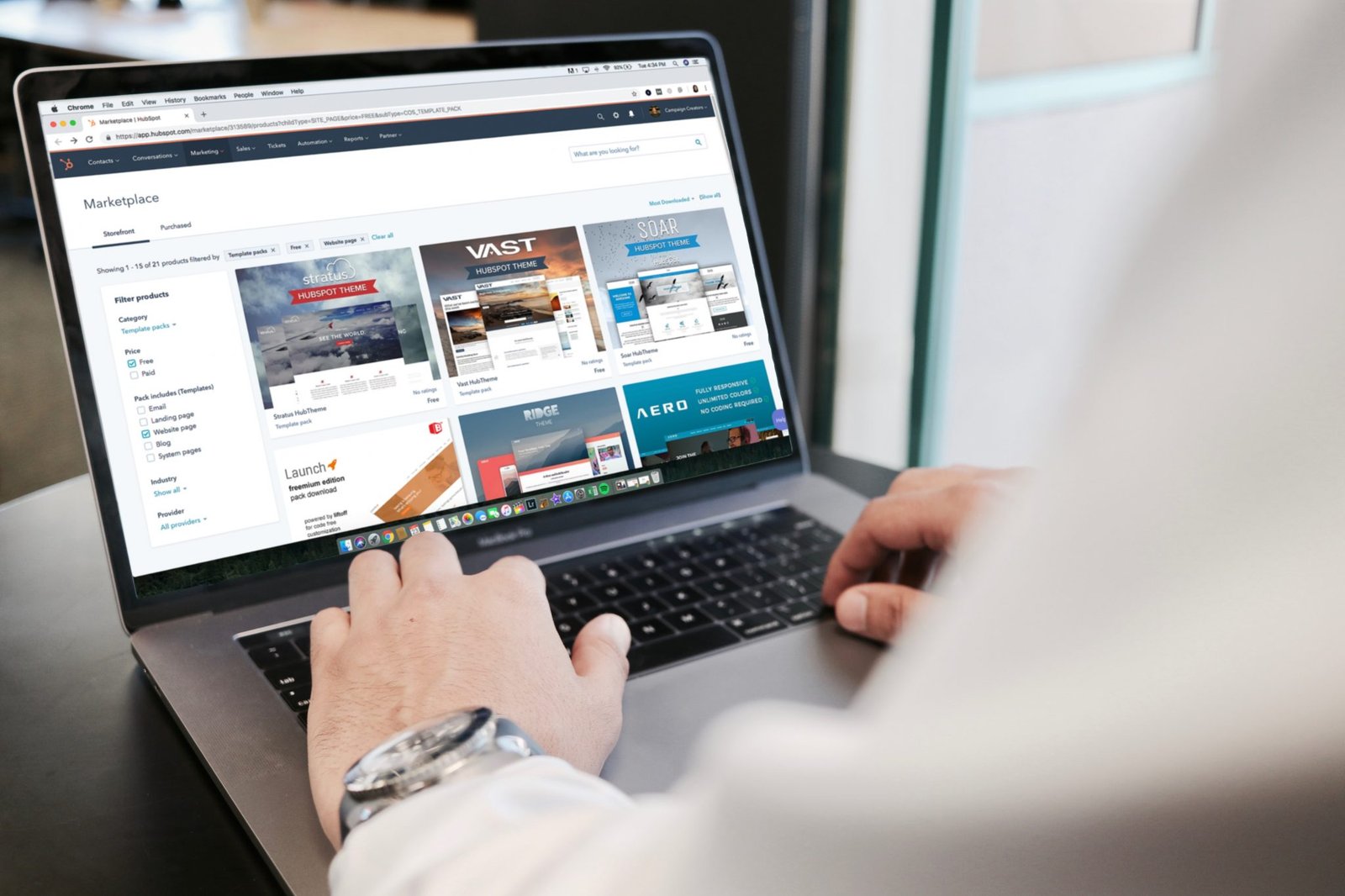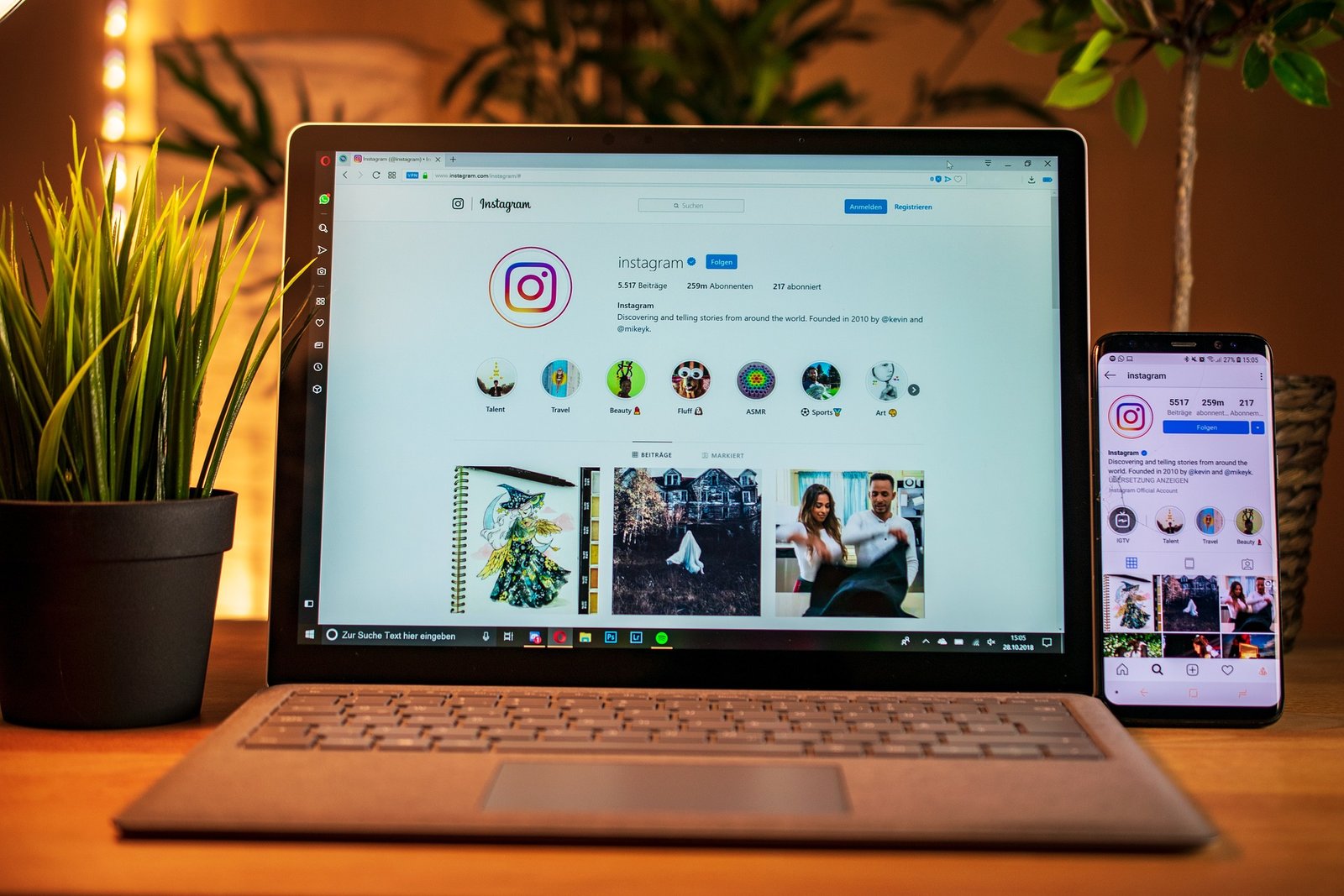The world has been experiencing a technological and online revolution.
Services that had previously been operating physically started to shift into the remote mode. This is especially true when it comes to shopping and commerce. Online shopping is taking over traditional brick and mortar stores, and this trend has been solidified by the COVID-19 pandemic in 2020.

The changes are significant, and they’re only going to become more prevalent for people worldwide. Experts believe that by 2021, the e-commerce industry will be worth over $4.9 trillion. In 2014, this number sat at a mere $1.3 trillion.
While these changes bring many advantages, they also entail serious dangers. Many brands and businesses that shifted into the online mode are faced with cybersecurity threats, brand abuse, counterfeiting, trademark squatting, social media impersonation, patent theft, and many more. All these dangers pose a serious threat to their reputation and continuity. One of the best ways to guard your business against cyberattacks is to implement brand protection strategies, and for that, you’ll need proxies. If you want to learn more about that, keep on reading!
What Is Brand Protection?
Brand protection is a process that ensures the safety of your business’ intellectual property (IP). It involves all actions aimed at preventing various forms of brand infringement, including phishing, malware, counterfeiting, IP infringement, and more. Cyberattacks can seriously damage the reputation of your brand, so it’s better to protect it instead of cleaning up the mess left by a hacker. The actions you can take to ensure your brand’s security include design marks, patents, trade and color marks, and anything else that can be tied to your brand’s identity. Another way of protecting your brand is by crawling the internet and keeping an eye on every single mention through residential proxies. That way you can take swift action as soon as any unwanted actions appear. If you want to learn more about residential proxies and how you could use them for brand protection, click here.

Implementing brand protection strategies is one of the most important steps to ensure the safety of your business. This way, you’ll no longer have to dread annual cybersecurity reports – you’ll be prepared for every scenario, and you’ll know what to do if you were to fall victim to a cyberattack.
Why Are Proxies Important for Brand Protection?
Proxies are servers that act as a protective shield between your systems and the internet. They keep your connection hidden and help ensure anonymity. At the same time, they let you perform your usual business operations. It’s much safer to use proxies to hide your online activity rather than deleting the history. Anyone can check how to recover deleted history on Chrome or any other browser. Proxies put you one step ahead of everyone else.
Proxies also act as a filter between your devices and the internet. They alter your original IP address, helping maintain IP address reputation by making your connection untraceable, so hackers won’t be able to track the source of your connection. This is crucial because every time you go online and access a website or engage in virtual activities, your device sends out a request for access. If the website is not reputable or secure, hackers can trace that request, breach your device, and cause significant damage to your systems. By protecting your IP Address Reputation, proxies ensure that your online activity remains secure and trustworthy.

Types of Proxies
Proxies are essential when it comes to brand protection. However, there are several different types of proxies, and they all come with their own characteristics. Below, you’ll find some of the most common types of proxies you can consider implementing in your brand protection strategy:
- Residential proxies. This is the most commonly used type of proxies. They’re mostly utilized to bypass geographical filters and display content regardless of your real location. It’s possible because they use real IP addresses to mask their original source. They’re extremely effective, too – experts claim they’re nearly impossible to breach.
- Datacenter proxies. This type of proxy helps you collect data quickly and efficiently but requires professional setup and maintenance. Datacenter proxies offer similar benefits to residential proxies, but they focus more on speed and performance.
- Shared proxies. This option is more affordable because you’ll be sharing the services with other users. However, it’s not as effective and reliable as other proxies on our list. Nevertheless, you can still use shared proxies for anonymous browsing and general data collection, but on a smaller scale.
- Dedicated proxies. This type of proxy indicates that you will be its only user. It ensures that multiple accounts and static IP addresses are not linked with each other.
How Does It Work?
Now you know how important brand protection is for your business. However, you can still be unsure about how exactly it works. Simply put, brand protection services operate on 4 levels, which include:
- Detection. Brand protection services often attract web crawlers to collect data. These services use proxies to hide their activity and prevent unwanted detection and signal tracking. Additionally, proxies hide your IP address and facilitate the operations of web scrapers and crawlers. These, in turn, mirror the activity as it would be performed by a standard, organic web user. Ultimately, data collected by web scrapers and crawlers help detect cases of brand abuse and pinpoint them to a specific source.
- Validation. As the name suggests, this process ensures data and data infringement validity. It helps detect authentic businesses and flag suspicious websites to the web scrapper and web crawler.
- Enforcement. This process helps eliminate any valid IP infringement cases occurring online.
- Reporting. On this level, proxies present actionable and useful information that promotes brand protection awareness for your business and ensures the safety of its intellectual property.
The Bottom Line
As you can see, proxies are a useful tool that could mean a lot to your business. Without them, you risk the occurrence of unchecked brand abuse, which might have detrimental results to your company. It could cause you to lose your customers’ trust and loyalty, severely depleting your client base. This, in turn, would cause a continuous fall in sales. Low revenue and poor reputation could ultimately lead to you going bankrupt.

Brand protection can help you prevent brand abuse from happening. Proxies are essential in the entire data protection strategy because they help immensely in data collection. So don’t wait for the next cyberattack without any preparation. If you count your lucky stars and hope for the best, you may end up with irreversible damage that could have been avoided so easily. Be proactive about your business, and you’ll reap the benefits in the long run.






